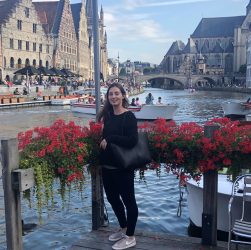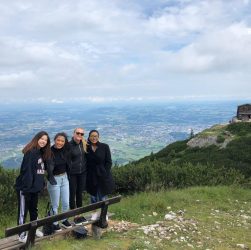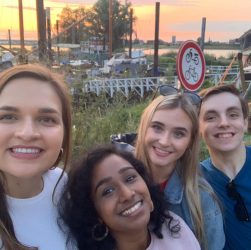The moment I received the email that I was accepted for the Europe Inside Out Summer School at the Katholieke …


The moment I received the email that I was accepted for the Europe Inside Out Summer School at the Katholieke …

Pre-Departure: Upon my nomination of the program, I was able to get direct correspondence with the host University – whom …

Pre-departure: Pre-departure is an exciting time and luckily for me it was a very simple process. If you are in …